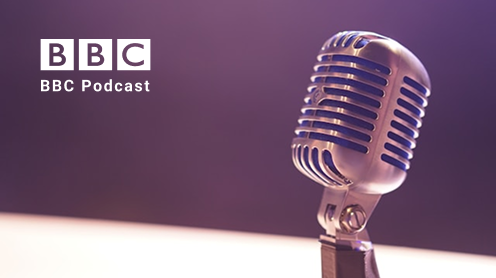
Why are some passports worth more than others?
Research shows that people in Africa are disproportionately rejected for visas over other nationals. While passport holders from Singapore can sail straight past immigration in many countries they visit.
To understand the unfair disparities that exist between passport holders, we speak to Stephanie Hegarty, the BBC’s global population correspondent. We learn about the new version of the Henley passport index (which lists the strength of passports), and why nationality plays a huge role in shaping the outcome of a person’s visa application, especially to countries in the West.
The BBC’s Tessa Wong, a Singaporean national, explains why her passport ranks the strongest in the world. And Daniel Dadzie, a BBC reporter, tells us about his personal experience of applying for a student visa to study in the UK from Ghana.
Instagram: @bbcwhatintheworld Email: [email protected] WhatsApp: +44 0330 12 33 22 6 Presenter: Hannah Gelbart Producers: Benita Barden, Mora Morrison and Claudia Efemini Editor: Verity Wilde
